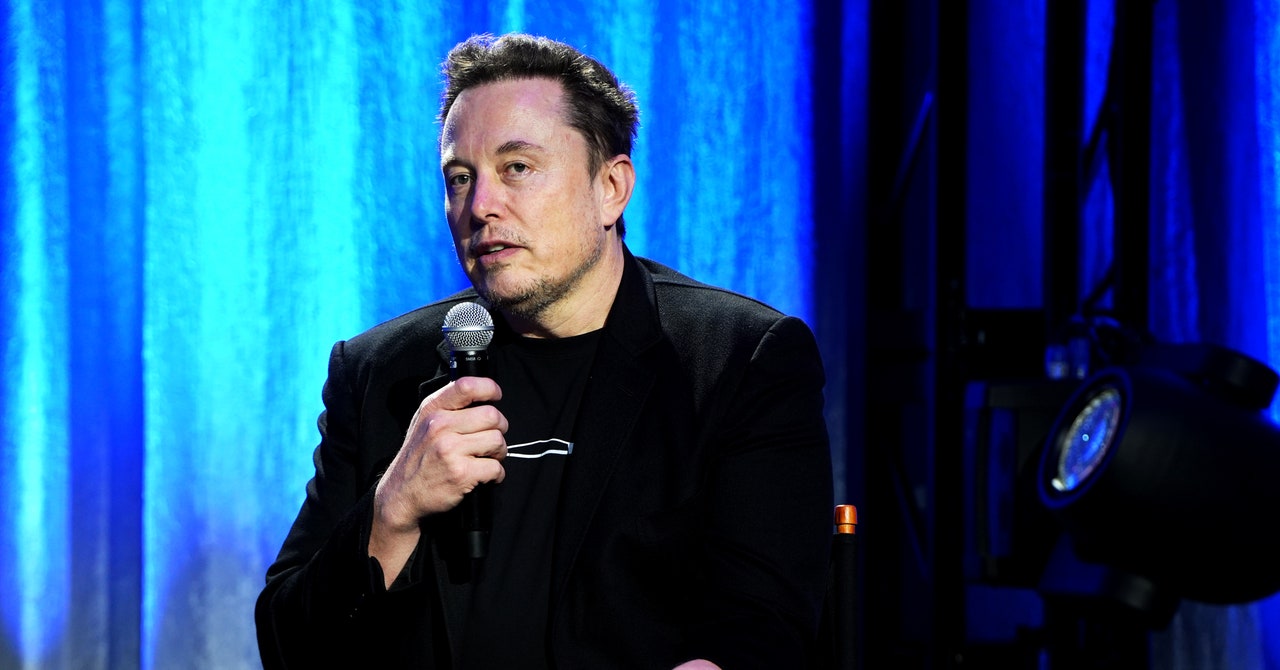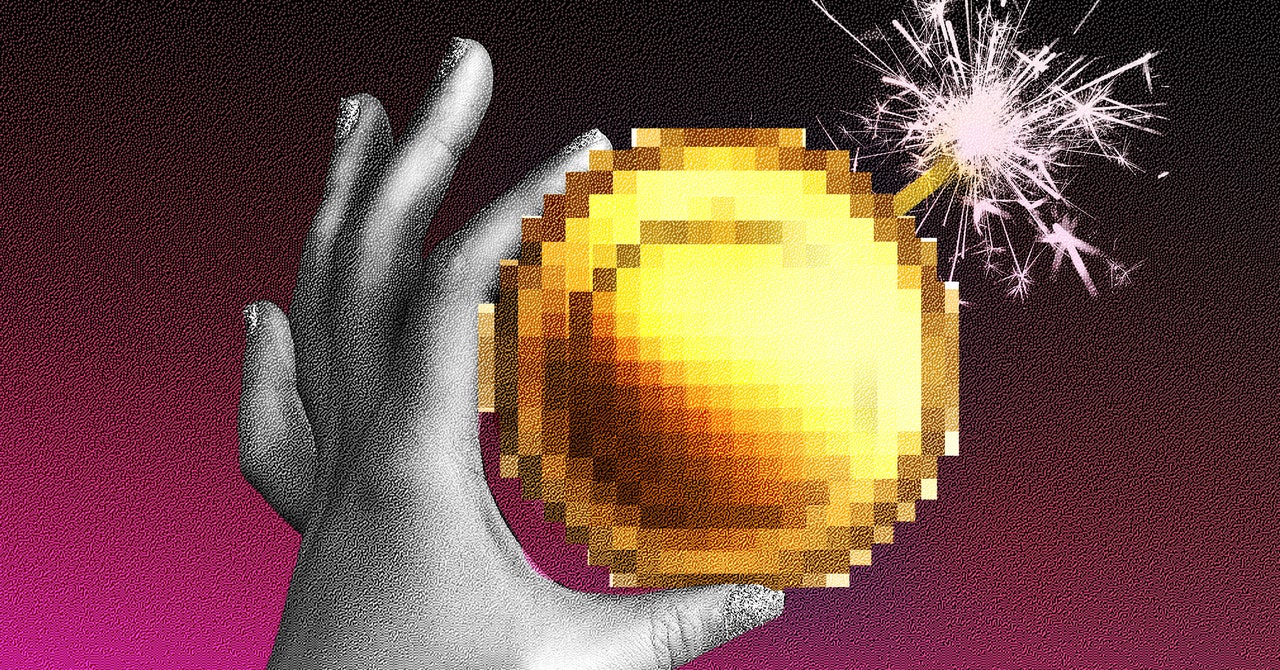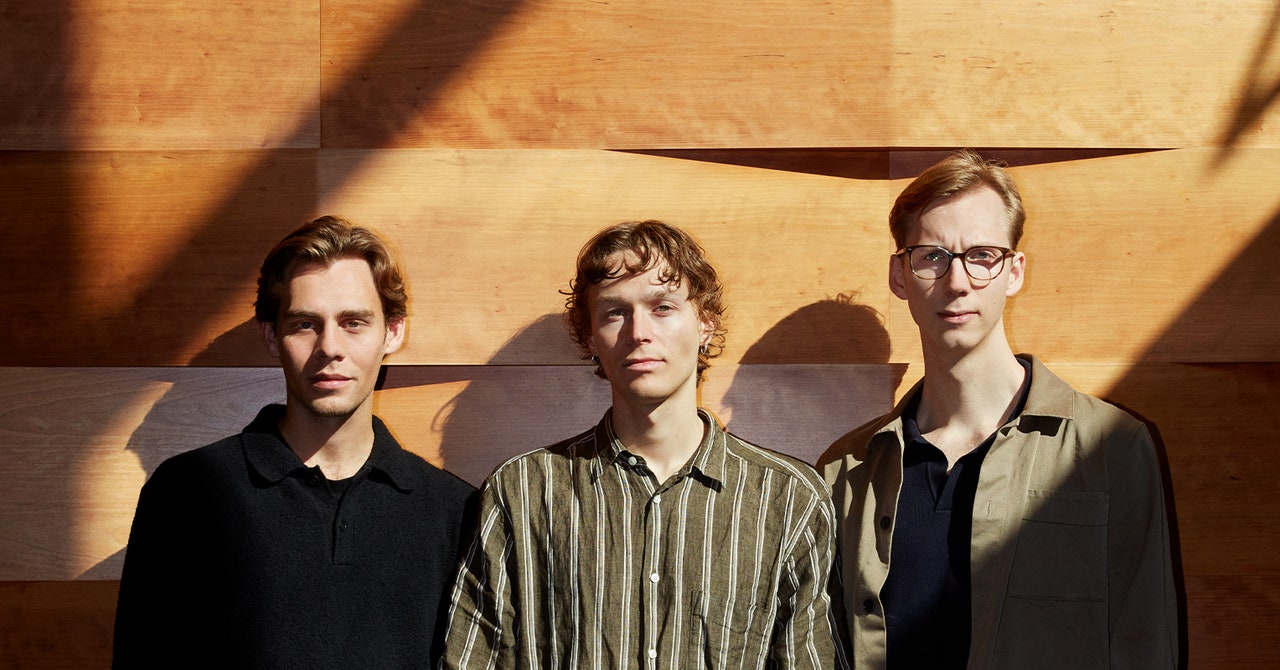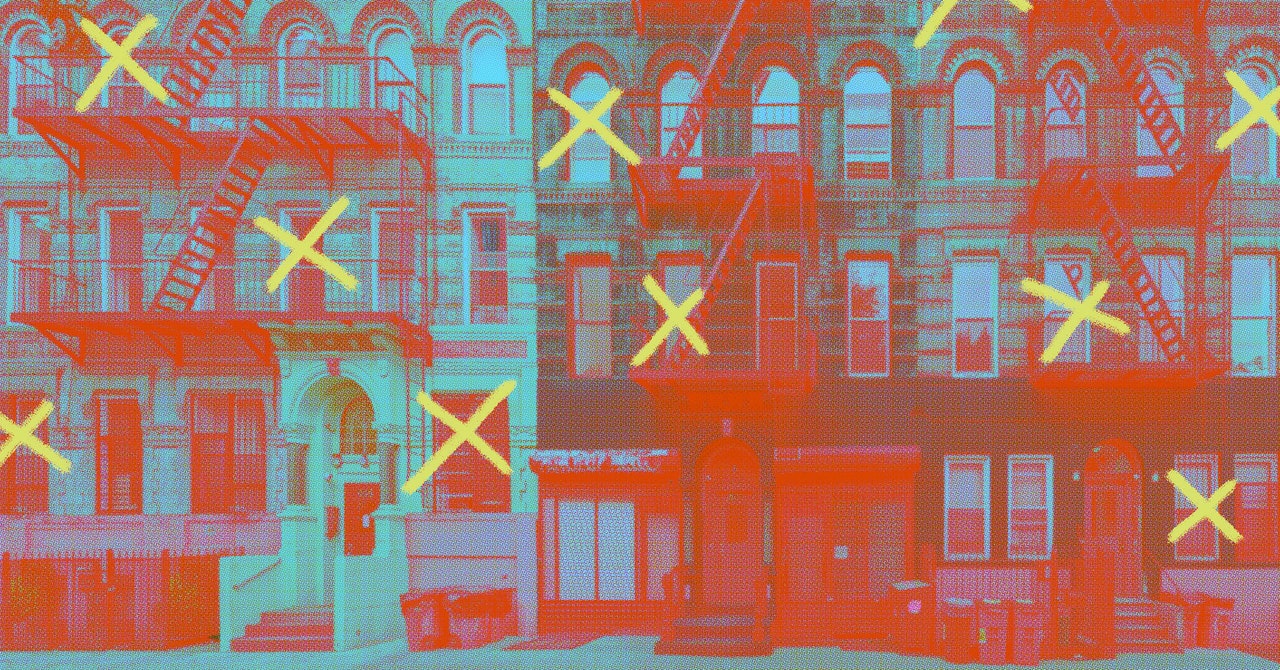Musk likened Moraes to a dictator, claiming the court was imposing censorship. (Musk, however, has uncomplainingly complied with the blocking orders in places like Turkey and India, where they have been used to censor journalists and the opposition.)
And while Ivar Hartmann, associate professor of law at the Insper Institute for Education and Research in Sao Paulo, argues that Moraes has expanded the court’s power to new — and possibly troubling — levels, he argues that it is also important to distinguish between democracy with different rules and dictatorship.
In 2019 Brazil’s TSE court launched a fake news investigation led by Moraes. Since then, he has become a controversial figure. Some see him as a defender of the country’s democracy; others, like Hartman, worry that he may have amassed too much power.
“This is not Venezuela [where international observers widely believe President Nicolás Maduro rigged the country’s July elections]he says. “Even if you want to argue that the type of court orders we’ve seen regarding social media platforms in Brazil over the last two or three years are shocking, which I would agree with, you don’t see [Meta CEO Mark] Zuckerberg has gone online and openly criticized the courts and denied compliance with court orders in Brazil.
Nina Santos says that even if there are valid criticisms of the approach taken by Moraes, Musk should comply with the court order and challenge them later in court. “We can discuss the decisions made by the Brazilian court, but not whether Musk should comply with the Brazilian court or not.”
Musk’s response to the court order was to break another Brazilian law. Like many countries, Brazil requires certain international companies to appoint a representative in the country who the government can contact and in some cases hold accountable for the company’s failure to comply with the law. India, Vietnam, Turkey and Russia have similar laws.
On August 19, X announced that it was closing its office after its representative in the country was threatened with prison for the company’s failure to comply with TSE orders. In closing the office, X suddenly broke Brazil’s localization laws. At this point, the suspension, says Joao Brant, secretary of digital policy at Brazil’s Secretariat of Social Communications, was inevitable. “In a situation where a guy like Musk was trying to choose which orders to follow, that was necessary,” he says.
At this point, Musk has exhausted most avenues of escalation with the judiciary. And despite pulling SpaceX employees out of Brazil, it has already shown signs of wavering, at least as far as Starlink is concerned. Brandt says Starlink is unlikely to face further repercussions as long as it remains within the bounds of Brazilian law.
“We hope so [X] comply with court rulings so that service can be restored,” he says. “We’re not happy, but we just think it’s Musk’s responsibility.”
His last hope may be a challenge to the bloc put in place by some of the country’s conservative politicians. On Thursday, Brazilian judge Casio Nunes Marquez ruled that all 11 judges of the country’s Supreme Court must decide whether the platform should continue to be suspended (Moraes initially ruled on his own, then a smaller number of judges upheld his decision).
Members of the court did not immediately respond to a request for comment.




